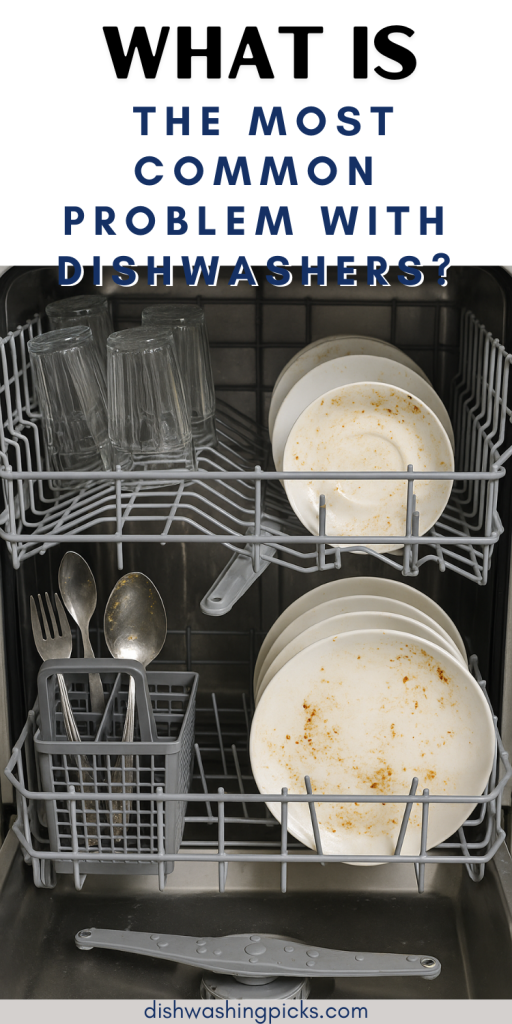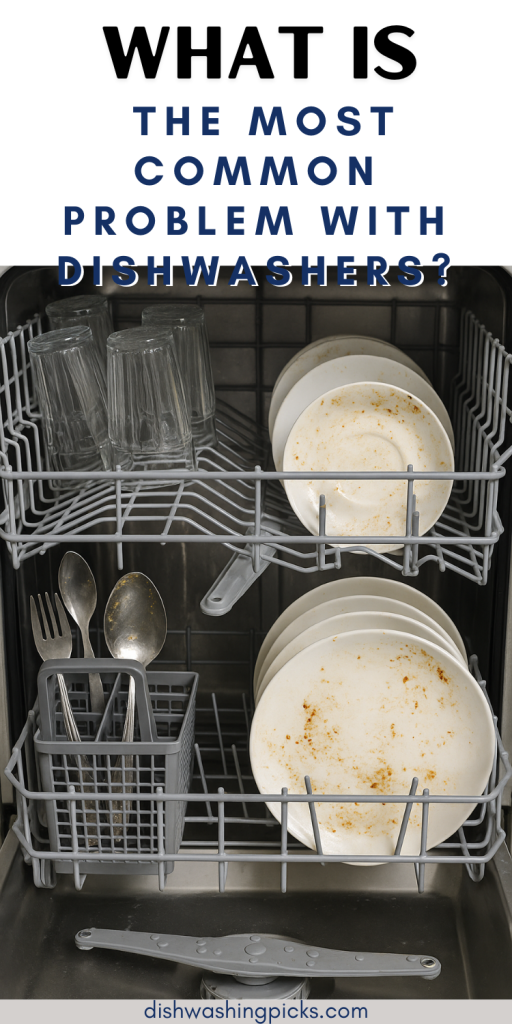
Alright, let’s set the scene. You just finished a big family dinner. There are dirty plates stacked high, glasses with mystery smudges, and a serving spoon that looks like it wrestled with lasagna—and lost. You load it all into the dishwasher, press start, and… nothing. Or worse, it runs but the dishes still look grimy. Sound familiar?
Let’s talk about that.
So, What’s the Deal With Dishwashers Acting Up?
Here’s the honest truth—one of the most common complaints about dishwashers isn’t that they break down completely. Nope. It’s that they don’t clean properly.
Yup, the whole point of a dishwasher… and it messes that up.
Ever unloaded yours and found food bits stuck on a fork? Or that weird cloudy film on your glasses that makes everything taste… foggy? That’s what we’re talking about here. And it’s way more common than you’d think.
But don’t worry—this isn’t just a rant. Let’s get into the why and what you can do about it.
Why Isn’t My Dishwasher Cleaning Like It Used To?
There’s a bunch of sneaky culprits here, but let’s break down the biggest offenders:
1. Clogged Spray Arms
You know those rotating arms that spray water all over your dishes? Yeah, they get clogged. All those tiny holes? Food gunk loves to block ’em. Imagine trying to shower with a clogged showerhead—same deal.
2. Overloading the Machine
We’ve all done it. Stuffing in that “one last plate” like it’s a game of Tetris. But here’s the kicker: if water and detergent can’t reach everything, nothing gets properly cleaned. You’re just giving your dishes a hot bath.
3. Wrong Detergent or Too Much of It
More soap doesn’t equal cleaner dishes. In fact, using the wrong kind—or too much—can leave a filmy residue. It’s like putting conditioner on your hair three times and wondering why it’s greasy.
4. Dirty Filters
Out of sight, out of mind, right? Until they’re so gross that they start affecting performance. The filter’s job is to trap all the stuff you didn’t rinse off. If it’s clogged, you’re basically washing dishes in a soup of yesterday’s leftovers.
5. Low Water Temperature
Dishwashers love hot water. If your water isn’t hot enough (usually around 120°F or higher), your detergent won’t activate properly and the grease won’t break down. Cold water = dirty dishes.
Real Talk: How Do You Fix This?
Okay, deep breath. This doesn’t mean you need a new dishwasher. Sometimes, all it takes is a little TLC. Here’s a quick fix-it list:
- Clean those spray arms (yes, you can poke the gunk out with a toothpick)
- Don’t overcrowd. Give your dishes breathing room.
- Use dishwasher-specific detergent—and follow the directions!
- Check and clean your filter regularly. Seriously. Just do it.
- Run hot water in your sink before starting the dishwasher to ensure it fills with hot water.
And hey, if you’ve done all this and it’s still acting up? Maybe it’s time for a pro to take a look. Or at least bribe a friend who’s good with tools.
So, what’s the most common problem with dishwashers? In short: not cleaning like they should. But now you know why it happens, and better yet—you know what to do about it.
Next time your dishwasher’s slacking, don’t panic. Just give it a little love, clean it up, and let it do its thing properly.
Got your own dishwasher horror story? Or a magical trick that makes your dishes sparkle like they just got blessed by a unicorn? Share it. Seriously—we all need that kind of dishwashing wisdom.

